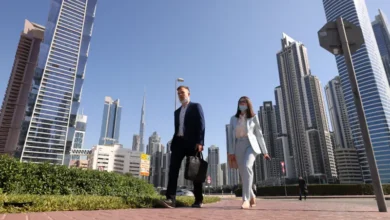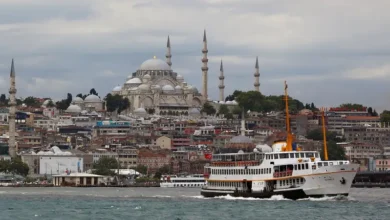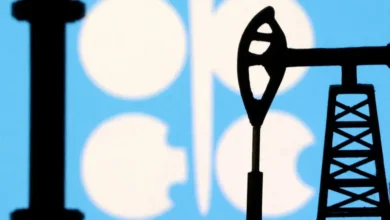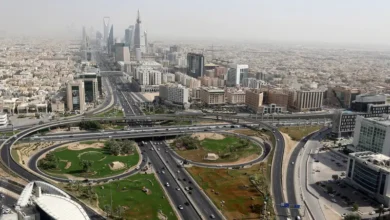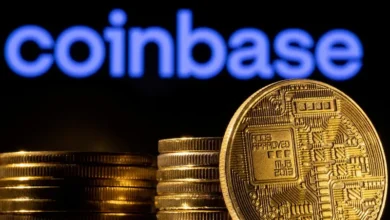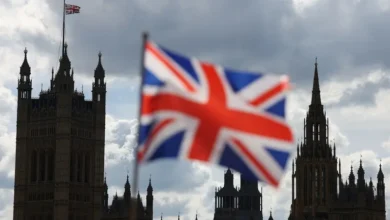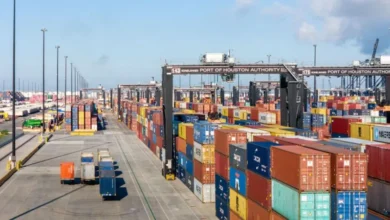Ahead of COP28, JLL calls for holistic strategies to integrate sustainability in real
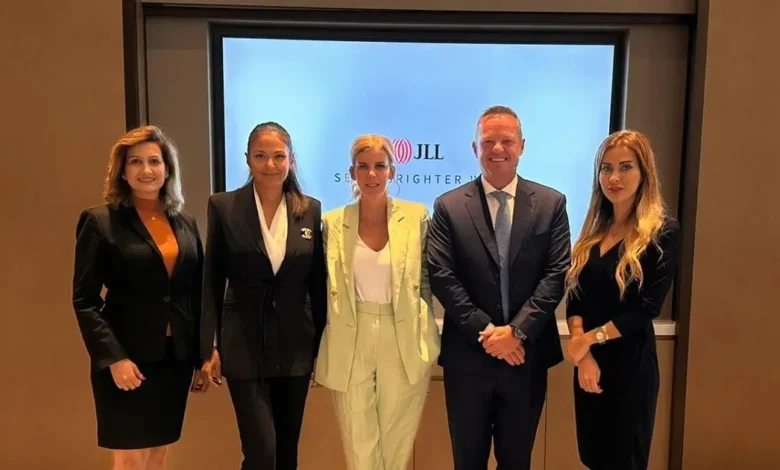
While the UAE has been consistently launching green initiatives and projects, and setting bolder targets that are both pro-climate and pro-growth to fulfil its climate commitment, stakeholders in the real estate industry must take decisive action to safeguard their assets and secure long-term returns, highlighted JLL at a briefing held on Thursday ahead of the upcoming COP28.
Emphasizing the cost of action versus inaction within the sector from a sustainability perspective, JLL unveiled a whitepaper titled ‘The Green Revolution: A Call for Sustainability in Real Estate’ including valuable insights and key takeaways exploring the critical role of the real estate industry in shaping a sustainable future and the ramifications of inaction as opposed to proactively pursuing green strategies. The whitepaper dives deep into the UAE’s efforts to strengthen its position as an advocate for climate action and examines recommendations for stakeholders.
The high energy consumption, carbon emissions, and resource depletion that are characteristic of the built environment, which accounts for nearly 40 percent of global energy-related carbon emissions and 36 percent of energy consumption, have made it imperative to integrate sustainability measures into real estate investment decisions to accelerate the net zero transition of the sector. The whitepaper also outlined the importance of making financial investments in green buildings and green construction to offset reduced property values over time and minimise climate-related challenges, especially in the MENA region which is warming at twice the global average rate with temperatures projected to rise by 4°C by 2050.
James Allan, CEO – Middle East and Africa (MEA) at JLL, pointed out that given the complexities of navigating sustainability in the real estate sector, inaction will have both immediate and long-term consequences. He said: “The cost of inaction goes beyond accounting for profits and losses. The real estate industry’s failure to adopt and embrace sustainable practices will impact both society and the natural environment while also deterring investors who equate climate risk with financial risk. Committing to ambitious net zero targets is critical to enhancing both efficiency and financial performance and decarbonising real estate.”
JLL research has revealed that buildings with higher levels of green certification can compete with new stock entering the market for longer periods of time. In Dubai, such buildings command 5 percent to10 percent higher premiums as compared to green premiums of 11.6 percent in London, 9.9 percent across nine major markets in Asia, and 7.1 percent across eight major markets in the US and Canada.
The shift from traditional notions of sustainability has further seen a rising demand for certified ‘green’ buildings aligned with environmental, social, and health considerations. This is crucial for long-term value preservation and future-proofing real estate assets while less sustainable or ‘brown’ buildings face the risk of devaluation.
Discussing the UAE’s efforts in building its environmental resilience and transitioning to a greener economy, Alida Saleh, Head of Sustainability – MEA at JLL, said: “In the building sector, the UAE aims to reduce emissions by 56 percent in 2030 compared to 2019 levels while also targeting 40 percent energy efficiency. The UAE’s continuous strides in its decarbonization journey, often in collaboration with the private sector, is driving it towards the ‘Climate Aware’ phase, which holds great potential for growth as the nation drives climate mitigation and adaptation strategies to achieve Net Zero by 2050.”
Louise Collins, Head of Project & Development Services UAE and Head of Engineering & Energy – MEA at JLL, spotlighted the UAE’s retrofitting strategies to enhance efficiency standards. She stated that Dubai aims to retrofit 30,000 buildings by 2030 and has already refurbished nearly 8,000 as of February 2023. Abu Dhabi has set targets of 22 percent energy consumption and 32 percent water consumption reduction by 2030 through building retrofits.
While the introduction of green building rating and certification systems have acted as enablers for developers in the UAE to optimize building performance and minimise environmental impacts, the launch of building energy labels will bring about greater transparency by empowering buyers and tenants to make more informed decisions, highlighted Mireille Azzam, Executive Director – Head of Strategic Consulting MEA at JLL.
Recommending holistic strategies for a greener built environment, JLL called on regulators to re-enforce and strengthen green building regulations with higher minimum mandated standards to reflect their commitments to climate agreements. Having clear sustainability frameworks will also enable financial institutions to identify and support projects that align with environmental goals and increase the appetite for green finance by offering lower interest rates, longer repayment periods, or reduced fees to finance green projects. A supportive ecosystem that incentivizes and enables the development of green projects is a win-win situation for all involved stakeholders.
Earlier this year, JLL opened its Dubai new office at ICD Brookfield Place in DIFC, which has been awarded the coveted LEED (Leadership in Energy and Environmental Design) Platinum Certification. The new office has been built to the highest standards of sustainability and prioritizes employee wellbeing and productivity.
